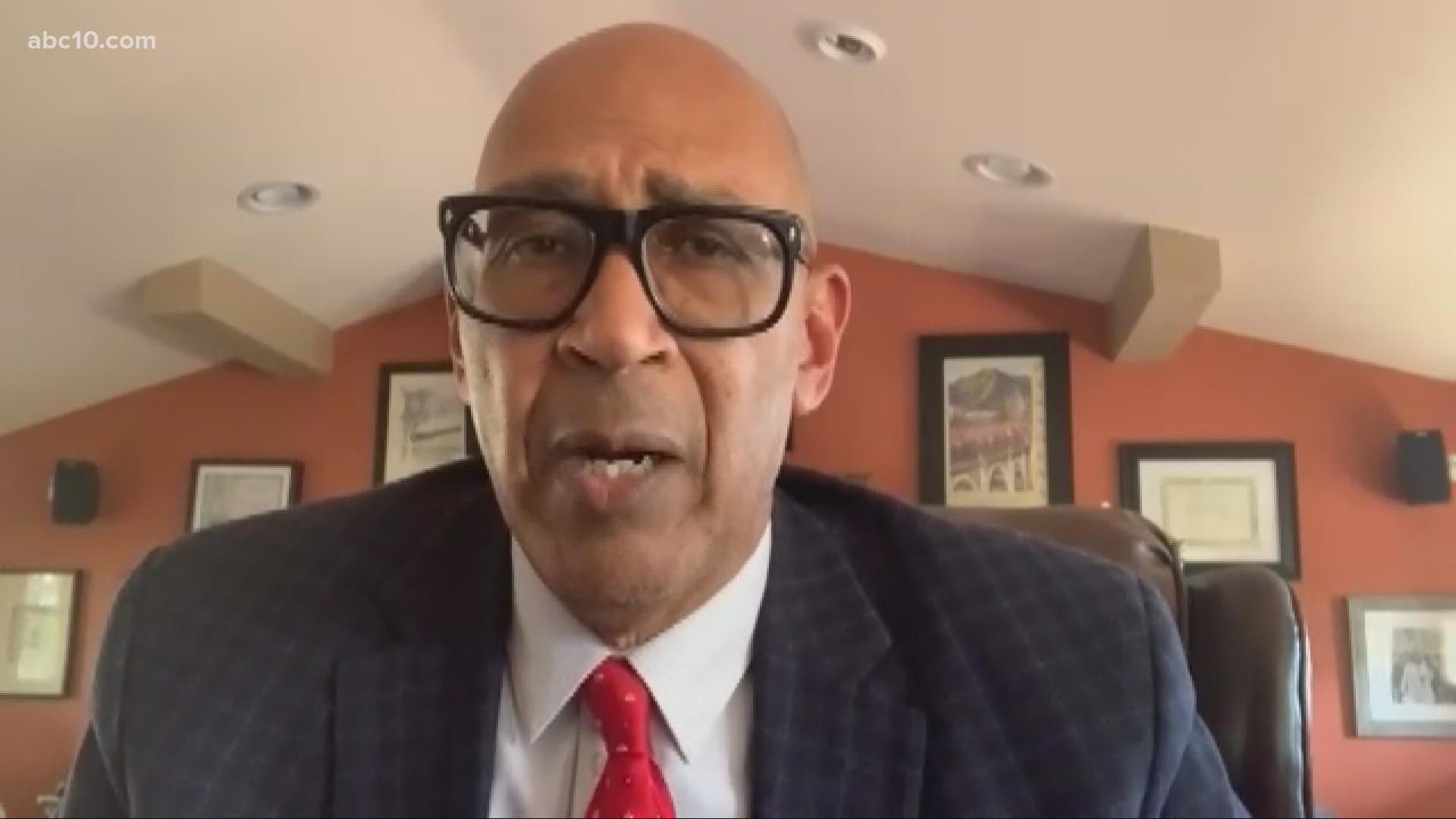SACRAMENTO, Calif. — A new bill would give fast-food workers more power and a seat at the decision-making table if approved by California lawmakers.
AB-257, the Fast Food Accountability and Standards Recovery Act, or the FAST Recovery Act, passed the state Assembly last week.
It could give fast-food workers the potential to have a say on things like their own wages, training, and safety measures — but some leaders in the restaurant industry say, this could be “disastrous” to their businesses.
“It’s like borderline slavery you know because they just want to pay the minimum and deal with all of this stuff and act like we’re disposable,” Crystal Orozco, a shift leader at Jack in the Box said.
Orozco, 37, is a shift leader at a Folsom Jack in the Box is paid $15.75 an hour after five years in the company.
She recently went on strike over unsafe working conditions.
"Management expected us to work and just like not say nothing about being sick with COVID-19," she said. “We’re in danger of getting everybody else sick and they don’t see that you know.”
The FAST Recovery Act, which failed last year by only three votes, has the potential to put the power in the hands of workers like Orozco for the first time.
It would establish what’s called a “Fast Food Sector Council” which would include 11 members appointed by the governor, including fast-food workers, franchisors, and franchisees.
“I think it creates an opportunity for there to be a seat at the table for all of the parties who really need to have a chance to voice their concerns to the franchisor and to see that their working conditions and the issues that impact them are taken seriously," said Assemblymember Chris Holden (D-Pasadena).
One of four bill sponsors, Assemblymember Holden, who used to be a Subway franchisee himself, said the council would meet at least every three years to establish sector-wide minimum standards on wages, hours and working conditions.
This applies to any fast-food chain that has 30 more locations nationwide.
"Looking at pay increases, issues of harassment and other complaints that have been coming up for an extended period of time around workers in this industry and right now they don’t have a voice," he said.
But bigger companies that call California home, such as In-N-Out don’t agree and believe the power should be left in the hands of the lawmakers.
“There would be no limit to their authority to set new rules or to overturn the values that have created a high-quality workplace for over seven decades. Taking away our ability to interact with our associates will ultimately damage our long-established relationship of trust and, in turn, diminish the experience of customers,” said Arnie Wensinge, the Chief Legal and Business Officer for In-N-Out Burger.
Push back on the bill doesn’t end there. The California Restaurant Association said, “As the restaurant community seeks to climb out of the recession, we urge legislators to reject this bill and work instead with leaders in the restaurant community to create policies that help restaurants and their workers, not hurt them.”
"AB-257 is one of the most damaging pieces of legislation to ever impact the franchise business model. It will have disastrous impacts to the thousands of franchise restaurants across the state and effectively dismantle the business model," said Jeff Hanscom, Vice President of State and Local Government Affairs for the International Franchise Association.
The bill passed the assembly last Monday. Next, it will go before a Senate committee.
ABC10: Watch, Download, Read
Watch more on ABC10



















